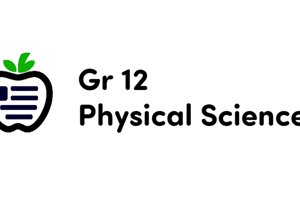Podcast
Questions and Answers
What does the empirical formula represent?
What does the empirical formula represent?
- The exact number of each type of atom in a compound
- The arrangement of atoms in a compound
- The total mass of the compound
- The simplified ratio of atoms in a compound (correct)
Which of the following is a characteristic of the molecular formula?
Which of the following is a characteristic of the molecular formula?
- Applies only to ionic compounds
- Shows the simplified ratio of atoms
- Illustrates the arrangement of atoms and bonds
- Indicates the exact number of each type of atom in a molecule (correct)
What is the empirical formula for ethane (C₂H₆)?
What is the empirical formula for ethane (C₂H₆)?
- CH₃ (correct)
- C₄H₁₂
- C₂H₆
- CH₆
Which formula illustrates the arrangement of atoms and bonds within a molecule?
Which formula illustrates the arrangement of atoms and bonds within a molecule?
What does the formula for sodium chloride (NaCl) represent?
What does the formula for sodium chloride (NaCl) represent?
Flashcards are hidden until you start studying
Study Notes
Chemical Formulas
- Chemical formulas provide a concise representation of the composition of chemical compounds.
- There are three main types of formulas: empirical, molecular, and structural.
- Empirical formula represents the simplest whole-number ratio of atoms in a compound.
- Molecular formula shows the exact number of each type of atom in a molecule.
- Structural formula illustrates the arrangement of atoms and bonds within a molecule.
- Water (H₂O) has a molecular formula showing two hydrogen atoms and one oxygen atom.
- Ethane (C₂H₆) has a molecular formula showing two carbon atoms and six hydrogen atoms. The empirical formula for ethane is
CH₃, as it represents the simplest whole-number ratio of carbon to hydrogen atoms. - Sodium Chloride (NaCl) is an ionic compound, and its formula reflects the ratio of ions.
- Naming conventions exist for binary compounds, which are compounds composed of two elements.
Studying That Suits You
Use AI to generate personalized quizzes and flashcards to suit your learning preferences.



